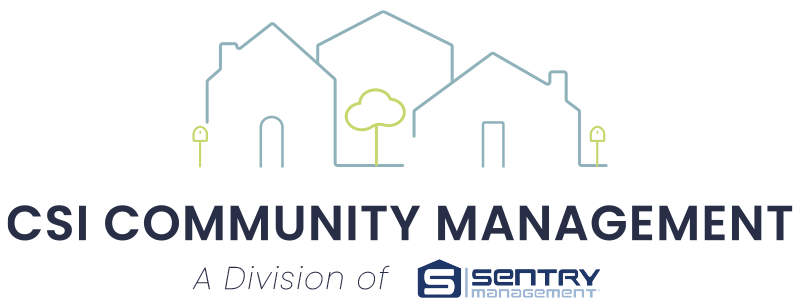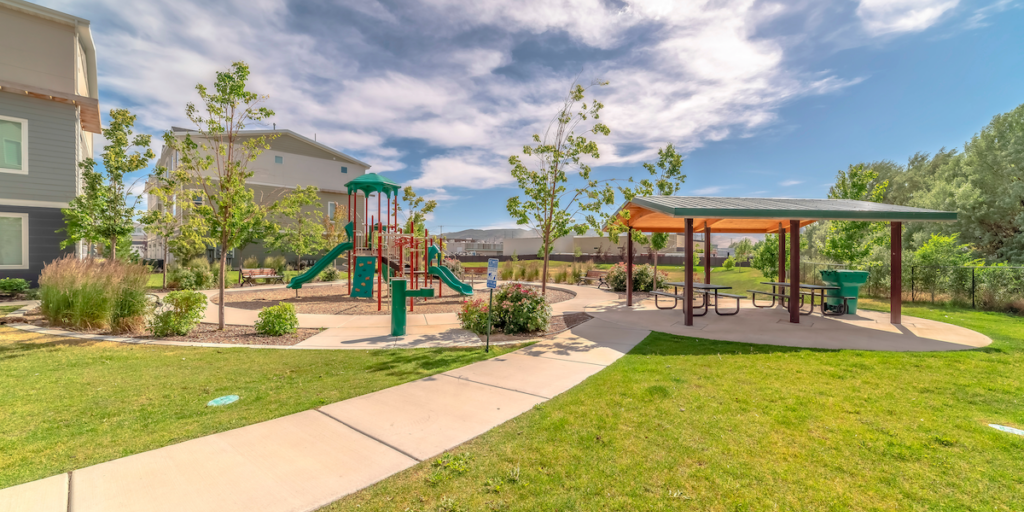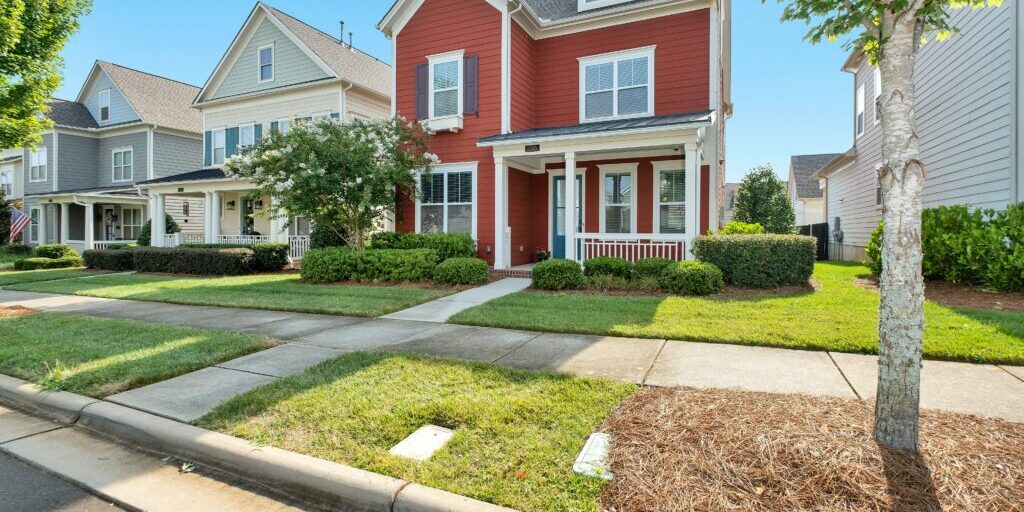It’s Board budget season.
Have you thought about any large-scale assessments that may need to be added? Not sure what that means? Check out our blog here on why you may need a reserve study, which typically helps identify large -scale assessments.
But, essentially, it’s as the name sounds; we’re looking at the big stuff that may need additional funds for maintenance and repair over the course of the next year, or a savings plan for a minimum of the next three years.
Examples of large-scale projects
- Siding of buildings
- Pools
- Monuments
- Water features
- Common areas
It’s not always Apples to Apples
Connect with your Community Manager and get the conversation going now – it’s not always apples to apples when it comes to prioritizing and pricing big projects.
Our experienced maintenance team and VIVE vetting process (coming in September 2022) helps ensure the vendors are qualified, experienced, and experts in their field.
According to the HOA Management Group, “Vendor services are a big part of your annual HOA budget. For this reason, it’s best to assess your contracts and send out requests for proposals ahead of time. This will help you allocate funds with better accuracy.
Make sure you’re getting the best deal and don’t be afraid to negotiate with your current or new vendors. The first estimate doesn’t have to be accepted if you think changes should be made.”
Meeting note
When the budget includes assessment increases, large capital projects, or other financial issues, the Board may want to add an item to the agenda such as “Open discussion on the draft budget” or convene a separate town hall style meeting specifically for this discussion.
One last thing
HOA Management recommends “The goal is always to develop a balanced budget. If the expenses outweigh the revenue, consider ways to lower expenses without sacrificing the quality of service. If that fails to achieve a balanced budget, the only alternative is to raise dues or charge a special assessment. Keep in mind that the association is a Not-For-Profit entity, so your goal is effectively to have a zero income at year-end.
Responsible financial planning is an important fiduciary obligation of the board. The association’s legal documents stipulate the deadlines for dues approval, budget adoption, and homeowner notification. Failure to properly notify homeowners of the new dues could lead to disputes and non-payment of dues.”











